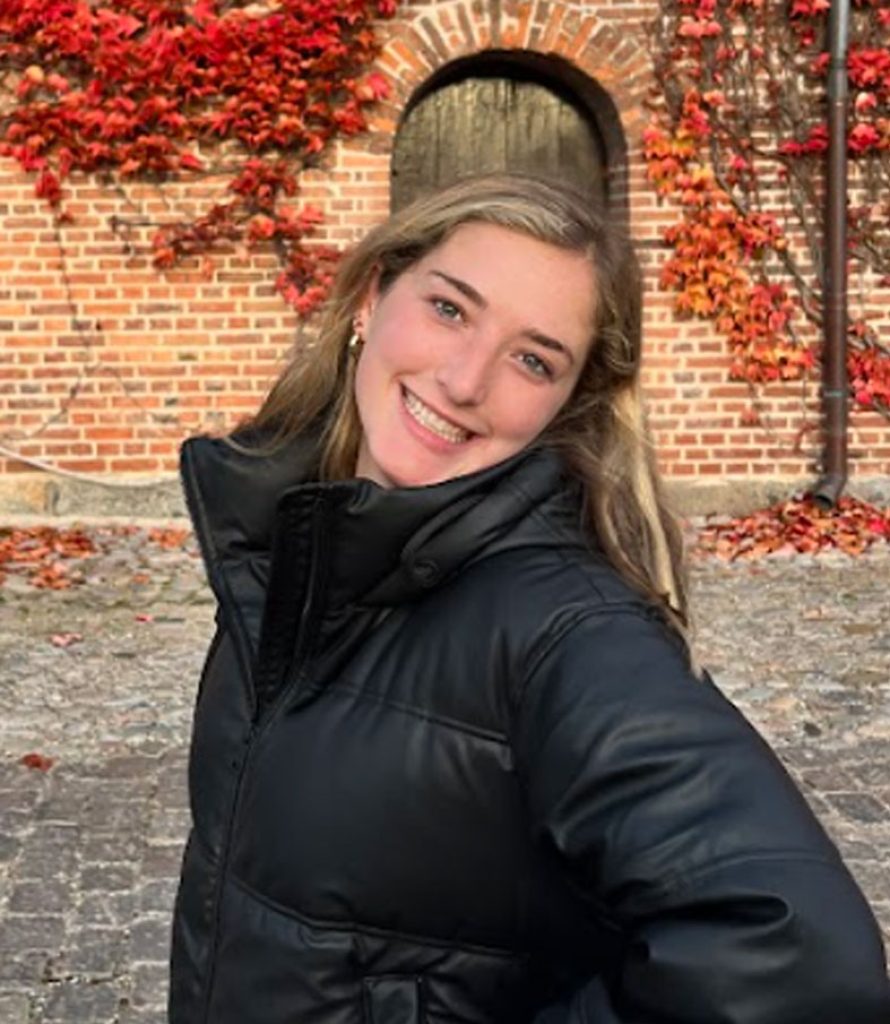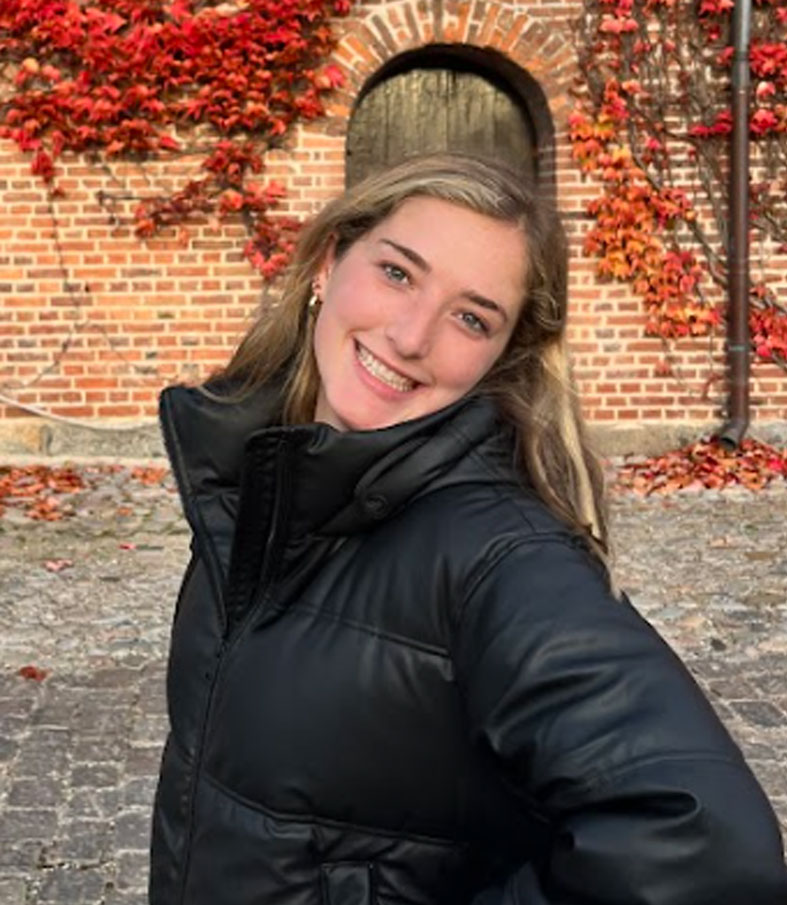Has your doctor suggested that you participate in a sleep study? If so, you may be nervous, feeling unsure of what to expect and wanting to make sure you prepare correctly.
A sleep study is an analysis test to diagnose sleep disorders1 such as sleep apnea, narcolepsy, epilepsy, nocturnal panic attacks, sleepwalking, sleep paralysis, insomnia, and more.
In this article, we’ll outline what you should bring to a sleep study, what to do and what not to do prior to the sleep test, and we’ll answer some common questions people have regarding sleep studies.
What to Bring To Your Sleep Study
You may be wondering, what do you even bring to an in-lab sleep study? However, experts advise2 you should pack for a sleep study just as you would pack for an overnight trip to a hotel.
- Pajamas – Bring whatever you usually wear to bed, as this is what you’ll be most comfortable sleeping in.
- Your own pillow or blanket – There will be a pillow and blanket provided, but if you prefer your own, you can bring these items.
- Medications – If you take medication in the morning or at night, you can bring it with you. Make sure you bring a list of all of the medications you are on, so the sleep technician is aware.
- Toiletries – You can pack your usual nighttime routine items, such as a toothbrush and face wash.
- A change of clothes for the morning – Once your sleep study is over, you’ll have an outfit to wear home.
Additionally, you’ll want to bring any paperwork that you need for the sleep study, your ID, and your insurance information2.
Keep a Sleep Diary to Prepare for a Sleep Study
A sleep diary3 is a method you can use to record information about your sleep every night. A sleep diary, also known as a sleep journal or log, allows you to view patterns in your sleep after you’ve recorded many nights of sleep3.
While keeping a sleep journal isn’t mandatory before a sleep study, it is a great tool that can provide you and your doctor with more information about your sleep patterns. This way, after the sleep study, your doctor can use both the diary and the sleep study results to provide you with the most accurate diagnosis.
Want to know more? Read our Sleep Diary guide.
What Not to Do Before A Sleep Study
Here we’ll provide a list of what you shouldn’t do before a sleep study. While you can use this general guidance, make sure you consult with the medical professional who is conducting your sleep study as well.
- Don’t consume alcohol or caffeine4
- Don’t wear jewelry2
- Don’t wear a hairpiece or wig2
- Don’t take a nap the day of your sleep study4
Common Questions About Preparing For a Sleep Study
Can you drink or eat before your sleep study?
Yes, you can eat and drink normally prior to your sleep study but avoid eating or drinking anything that contains alcohol or caffeine the day of your study4. Caffeine and alcohol can alter your sleep patterns, which will likely provide you with inaccurate sleep study results4.
Can I go to the bathroom during a sleep study?
Yes, you can go to the bathroom during a sleep study, but you have to notify the sleep technician5. This way, they can unhook you from the sensors so you can get up and use the restroom.
What if I can’t sleep during my sleep study?
If you can’t sleep during your sleep study, the sleep technician may give you a sleeping aid6, such as a melatonin supplement or Benadryl.
What happens when I arrive at the sleep center?
When you arrive at the sleep center to participate in a sleep study, a sleep technician will take you into the room you’ll be sleeping in2. The technician will place electrode sensors on your scalp and other body parts in order to monitor your sleep throughout the study2.
Can I nap before a sleep study?
No, you shouldn’t take a nap the day of your sleep study. A nap may interfere with your ability to fall or stay asleep during the study, which can produce inaccurate results4.
Final Thoughts
While a sleep study may sound intimidating, it’s really just like sleeping at home, but you’re being monitored. We suggest that you bring what you need in order to be comfortable and sleep well. You may also want to keep a sleep diary to prepare for your sleep study.
If you have specific questions about the sleep study you’ll be participating in, make sure you contact your doctor.
More Reading

Emma Cronan
Writer
About Author
Emma is an Editorial Intern for Sleep Advisor. She collaborates with the editor and staff writers to come up with article ideas, create article outlines, and write for the website.
Combination Sleeper
References
- “Sleep Study (Polysomnography)”. Cleveland Clinic. Last modified February 10, 2024. https://my.clevelandclinic.org/health/diagnostics/12131-sleep-study-polysomnography.
- “What to Bring for an Overnight Sleep Study”. Richmond University Medical Center. Webpage accessed August 3, 2024. https://www.rumcsi.org/services/sleep-disorder/what-to-bring-for-an-overnight-sleep-study/.
- “Keeping a Sleep Journal”. University of North Carolina Chapel Hill Campus Health. Webpage accessed August 3, 2024. https://campushealth.unc.edu/health-topic/keeping-a-sleep-journal/.
- “Polysomnography (sleep study)”. Mayo Clinic. Last modified February 17, 2024. https://www.mayoclinic.org/tests-procedures/polysomnography/about/pac-20394877#:~:text=Don%27t%20consume%20drinks%20or,of%20some%20sleep%20disorders%20worse.
- “Sleep Study Frequently Asked Questions”. Penn Medicine Princeton Health. Webpage accessed August 3, 2024. https://www.princetonhcs.org/care-services/sleep-center/sleep-study-frequently-asked-questions#:~:text=Although%20you%20are%20not%20expected,only%20to%20notify%20the%20technologist.
- “What If I Can’t Sleep During a Sleep Study?”. Jacksonville Sleep Center. https://jaxsleep
